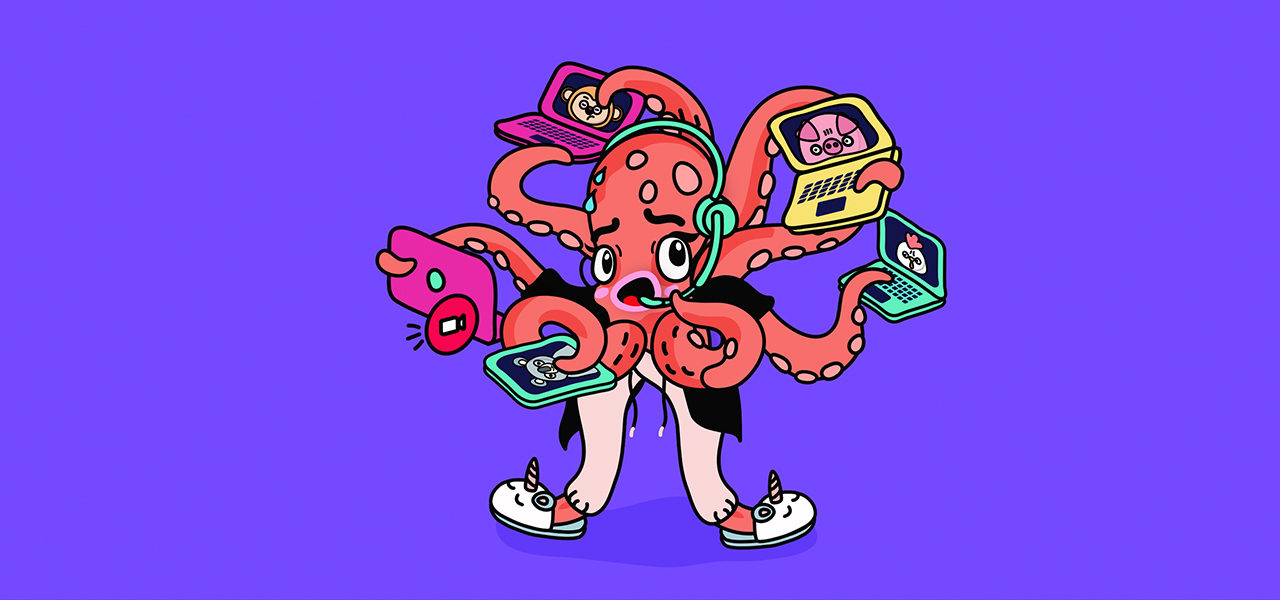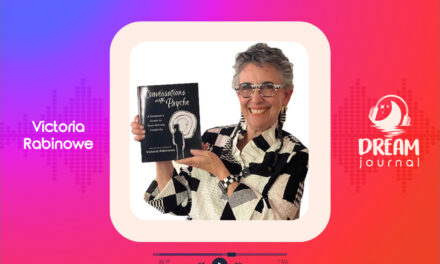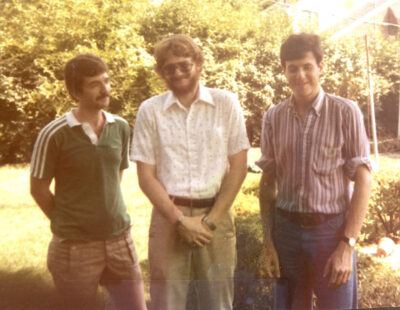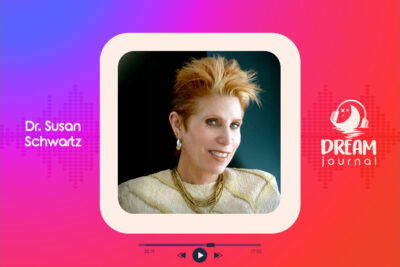
In this feature by Ashleigh Papp, our science communications intern, we learn why we feel tired after an online meeting or group chat.
Your digital calendar dings on the hour, letting you know it’s time to switch on your camera, connect to your computer’s audio, and hop on the next virtual meeting.
Virtual video platforms, like Zoom and GHO, have seen a major spike in usage since COVID-19 swarmed our spring season. So, why is something that’s supposed to connect us making us more lonely and drained?
I’m Ashleigh Papp, a science reporting intern with KSQD.
“In these times, there has been an increase in loneliness … adolescents, adults, the COVID has created social isolation that removes the opportunities for social interaction in a culture that really values this.”
That’s Margarita Azmitia , a developmental psychologist at UC Santa Cruz. She mostly studies how identity development and relationships impact students and adolescents.
“There’s been a sharp increase in loneliness and mental health issues. When you’re doing a virtual interaction, it does have some of the qualities as face-to-face when you can see the person, but you’re missing certain things.”
Zoom, the virtual socialite’s darling in today’s pandemic, has seen skyrocketing usage since shelter in place orders went into effect in early March. According to figures released by Zoom, meeting participants went from 10 million per day in December of 2019, to 200 million in March 2020. And in just over a month, that number continued to increase to over 300 million daily Zoom calls in April 2020.
According to Azmitia, there are specific things about a virtual conversation that can’t replace in-person, real life social interaction.
“Part of it is Zoom interactions, just like long phone conversations, are draining because they require you to pay a lot more attention than you normally would. It feels artificial, it’s not the same as what we’re used to. Digital signals are different … so it requires the brain to process things differently and it’s requiring a lot more energy.”
Azmitia also points out that the topic of conversation during our Zoom calls often relates back to the current way of life being so restrictive.
“You wish you could see the person. Consciously you’re thinking, ‘I miss hanging out with you’, it’s not the same to have a zoom chat than to be sitting right next to that person. It adds to the whole thing you feel isolated … and that just reminds us of what we’ve lost and might never have again. It may not be the screen time itself but the context of the conversation … things will never be the same.”
Another thing that could cause a drained energy feeling is a lagged internet connection that results in uncomfortable silence.
“Even just having somebody frozen is really upsetting … baby study where parents didn’t react and they get really upset. When you’re frozen, you’re out of the conversation, what happened when I wasn’t there?”
To help curb the less-than-appealing emotions we can feel during a virtual meeting, experts recommend a few things:
- limit your video calls to those that are actually necessary
- consider joining a virtual meeting with your camera turned off
- And for Azmitia, practicing mindfulness or going for a walk outside can help to relax and rebalance your brain throughout a day’s worth of Zoom meetings
Or, if all else fails, give the tried and true communication method a chance. Pick up a pen and a piece of paper, and write that certain someone a good old-fashioned letter.
This is Ashleigh Papp with KSQD. During this crazy time, keep yourself healthy and stay positive.












